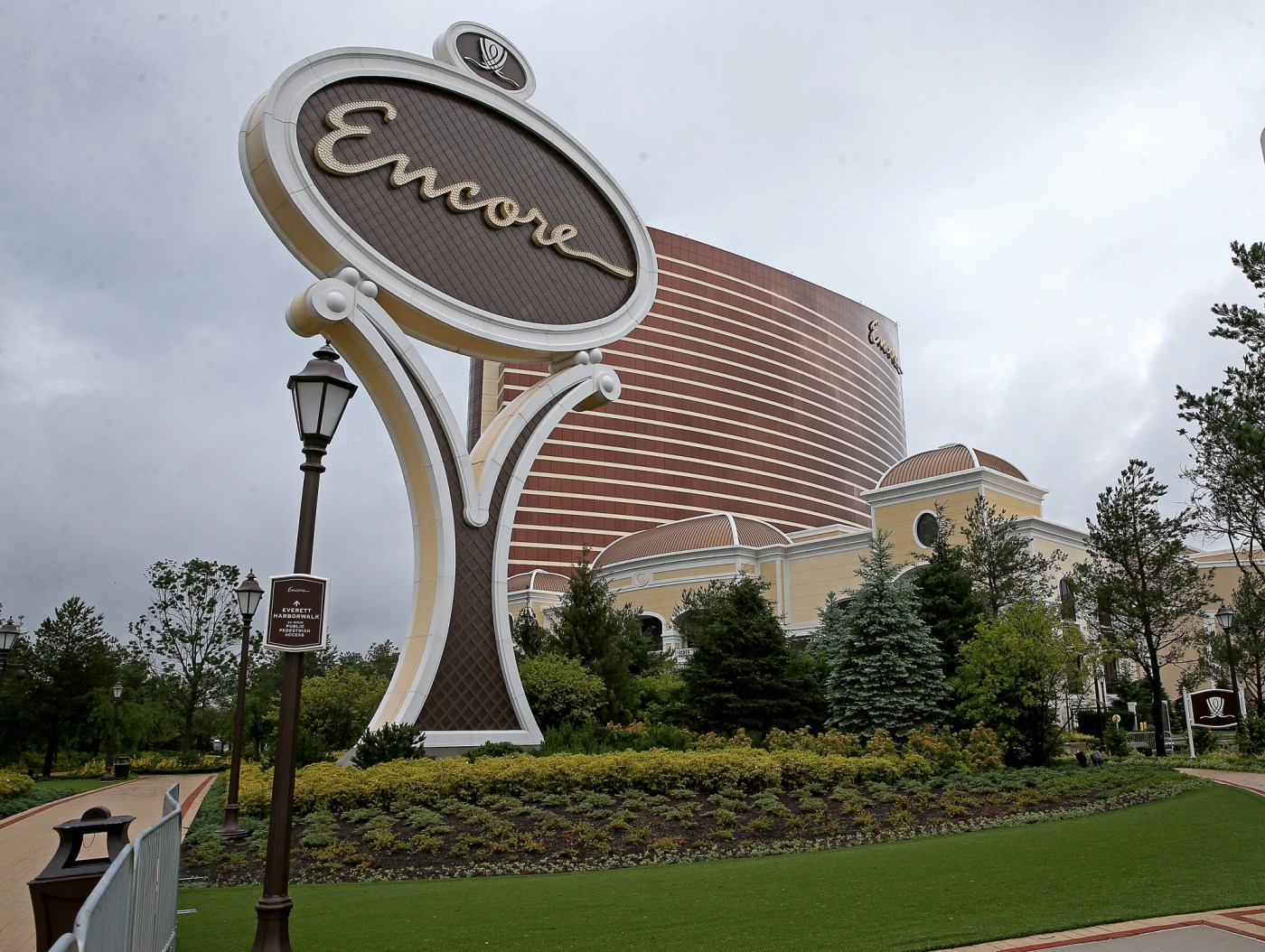
Encore Boston Harbor adds billions to the economy, almost 10k jobs
A new report on the economic impact of Encore Boston Harbor shows the resort casino brought billions in economic activity to the region and created thousands of new jobs but also shifted hundreds of millions of dollars away from local businesses.
Prepared by the UMass Donahue Institute’s Economic & Public Policy Research Group, the report, titled “Encore Boston Harbor, First Three and a Half Years of Operation: Economic Impacts Report,” was presented to the state’s Gaming Commission on Thursday.
“Over my 40 years of experience in the gambling research field, this is really the most detailed look that we’ve got of what the economic impacts of a new casino are,” UMass Professor Rachel Volberg told commissioners.
Focusing mostly on 2022, the first full year Encore was in operation without COVID-19 restrictions in place, the report uses government and company data to demonstrate that the casino had a net positive impact on the state’s economy, but shifted hundreds of millions in spending away from other Bay State businesses and to the casino.
“On net, consumers shifted $167.6 million in spending away from other goods and services and towards the casino,” study authors wrote. “Encore Boston Harbor also supported $1.1 billion in new personal income and $1.7 billion in new output within the Massachusetts economy, of which $1.3 billion was value added.”
According to the study the casino employs, on average, 3,249 people. However, when you include the money Encore spends with vendors, the government entities created, and “shifts in spending from casino patrons” another 6,592 jobs can be attributed to the casino’s operations, “for a total of 9,867 jobs supported by the casino.”
The majority of the jobs created — 7,389 — are located in the greater Boston metro region, according to study authors, with about a third of the employees working in Everett, Malden, or Boston. About half of the spending Encore did with outside vendors, or 52%, was done in Massachusetts.
Most of the money coming into the casino, according to report Project Leader Thomas Peake, was new money being spent in Massachusetts that wouldn’t have been spent here otherwise.
“From our patron survey, we’re estimating that 71% of the patron spending was new to the state,” Peake told the commission.
Encore added added $197.4 million to the state and local coffers last year, according to study authors. Since the casino opened in 2019, the state has collected $401.9 million in tax revenues. State law sends 20 percent, or $80.4 million, to local aid and the rest to various state funds.
“These types of economic reports are great reminders about the main drivers behind the Expanded Gaming Act, that it was about economic stimulus and about creating jobs,” Gaming Commission Director of Research and Responsible Gaming Mark Vander Linden said. “This really, hits at the heart of why (the act) was passed.”
The 2011 Expanded Gaming Act, which passed under the Patrick Administration and authorized casino gambling in the state, requires the Gaming Commission to pursue annual research which will help them understand the social and economic impacts of casinos on the region. The Social and Economic Impacts of Gambling in Massachusetts, or SEIGMA study, is conducted by University of Massachusetts Amherst School of Public Health & Health Sciences on behalf of the commission and produced the Encore Boston Harbor report.


